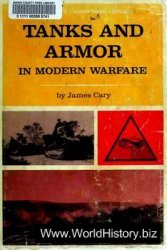A German didactic poet who gave an eyewitness account of the city of Acre (mod. ‘Akko, Israel) during the crusade of Emperor Frederick II (1227-1229) in his Middle High German ethical compendium Bescheidenheit (“Wise Judgment”).
Swabian monastic annals record the death of a Fridancus magister in 1233; his poetry shows he had a theological education. A later history calls him Frydancus vagus (“itinerant poet” or “cleric without a benefice”), and Freidank could be a given name or a pseudonym expressing independence of mind.
In 268 lines of Bescheidenheit, Freidank gives a scathing caricature of Acre. The Franks of Outremer are in league with Islam to defraud pilgrims: “old and young, they speak heathen tongues. They value one heathen more than three Christians.” Emperor and sultan should stop their “whispering,” squabbling like “Stingy and Mean splitting three marks.” Yet “what can an emperor do when heathen and priests both fight against him?” Gregory IX’s excommunication of Frederick II is seen as malicious and invalid. Despite the pope, “God and the Emperor have freed the Holy Sepulchre.” Had Pope and Franks supported Frederick, all “holy places where God’s feet trod” might have been won back.
Despite doubts and disillusionment, Freidank clings to faith in the crusading idea: “Acre may torture the body, yet it fortifies the soul; so never doubt, whoever dies there in faith will be saved” [Kreuzzugsdichtung, ed. Muller, 102-109].
-Jeffrey Ashcroft
Bibliography
Kreuzzugsdichtung, ed. Ulrich Muller (Tubingen: Niemeyer, 1979).
Wentzlaff-Eggebert, Friedrich-Wilhelm, Kreuzzugsdichtung des Mittelalters (Berlin: De Gruyter, 1960).




 World History
World History









